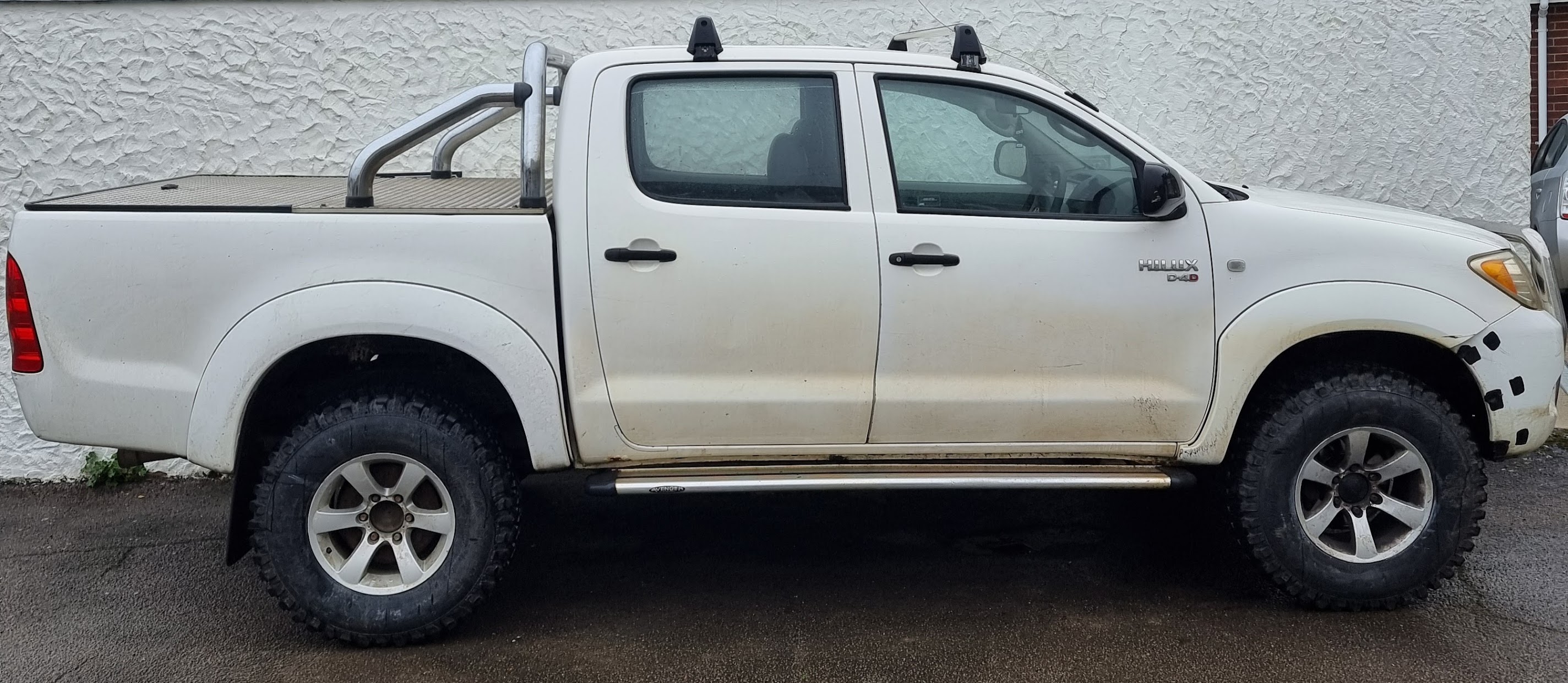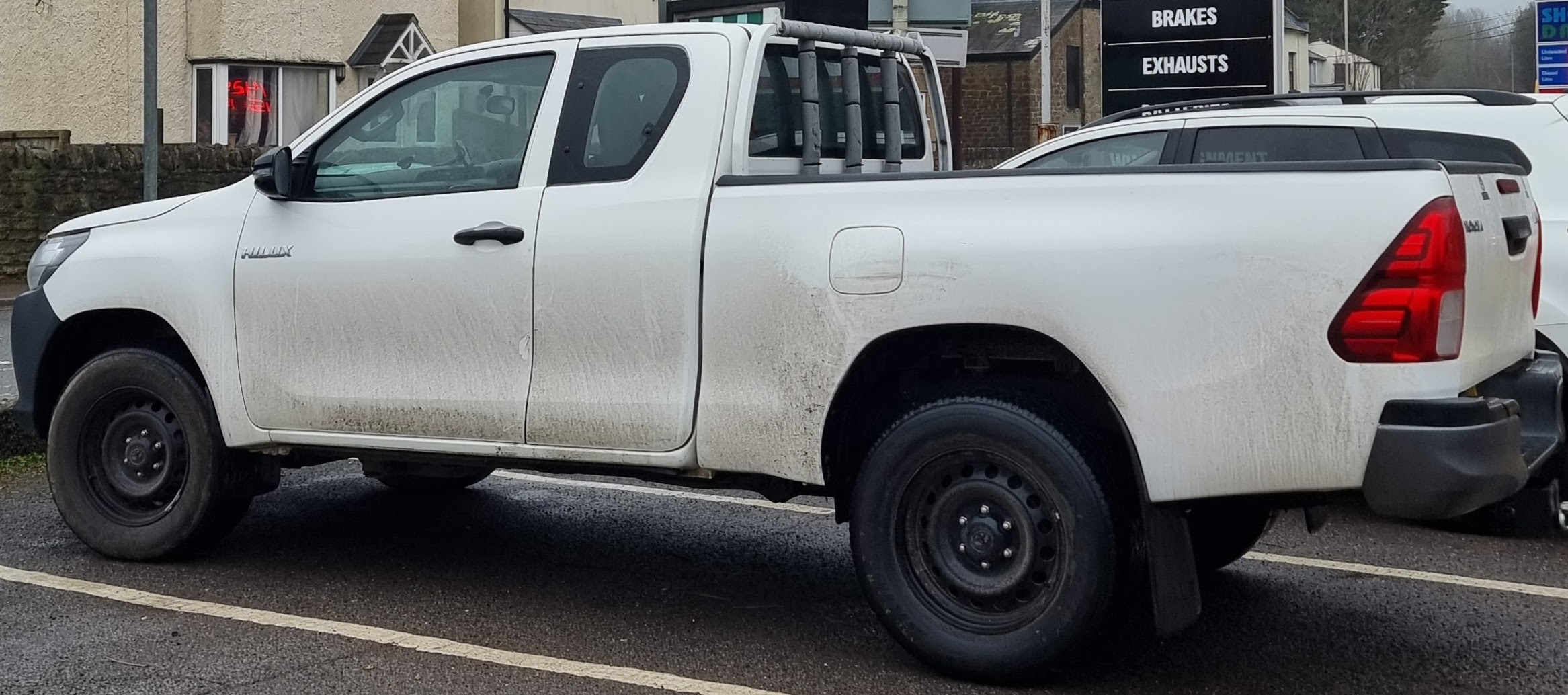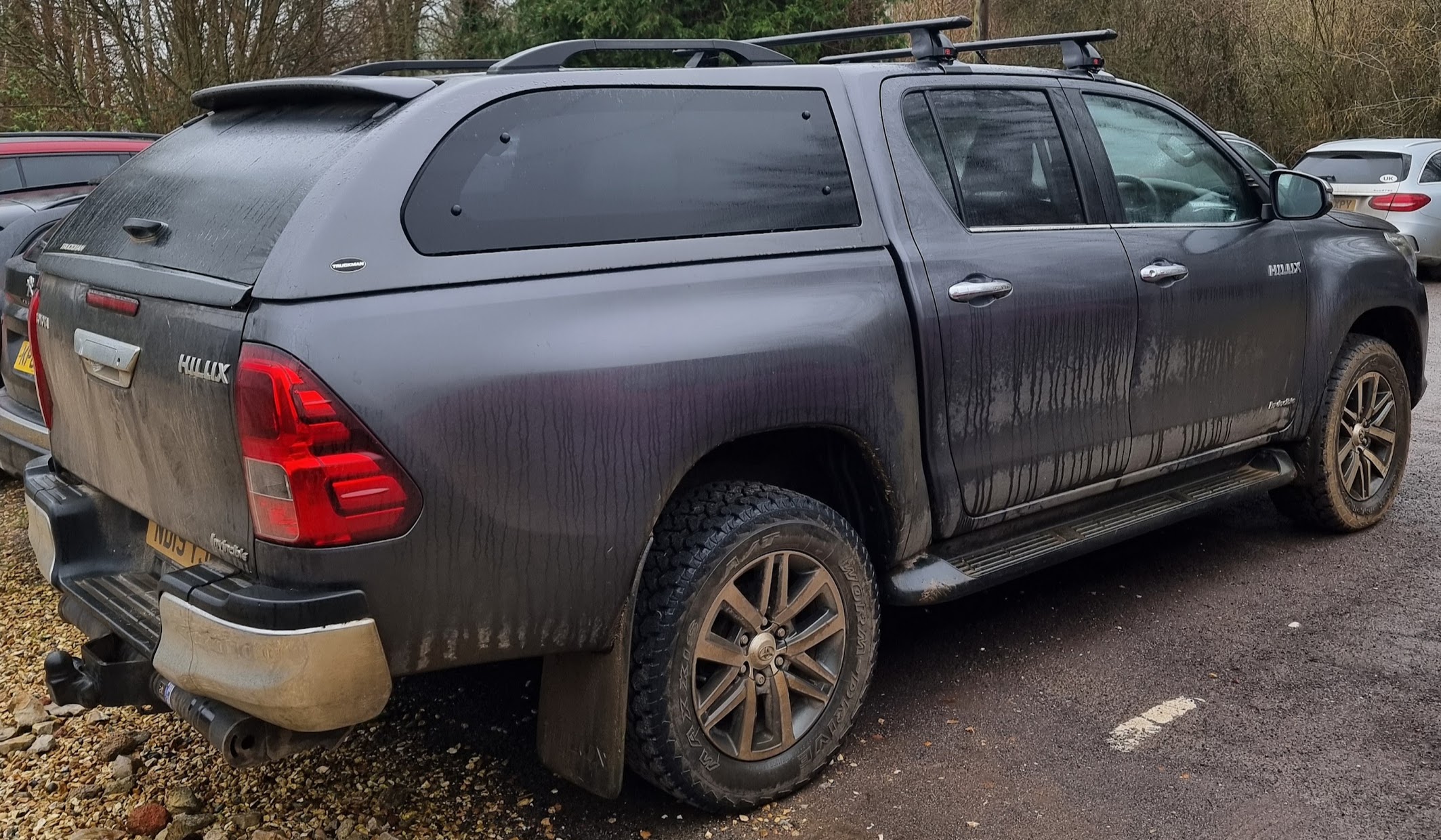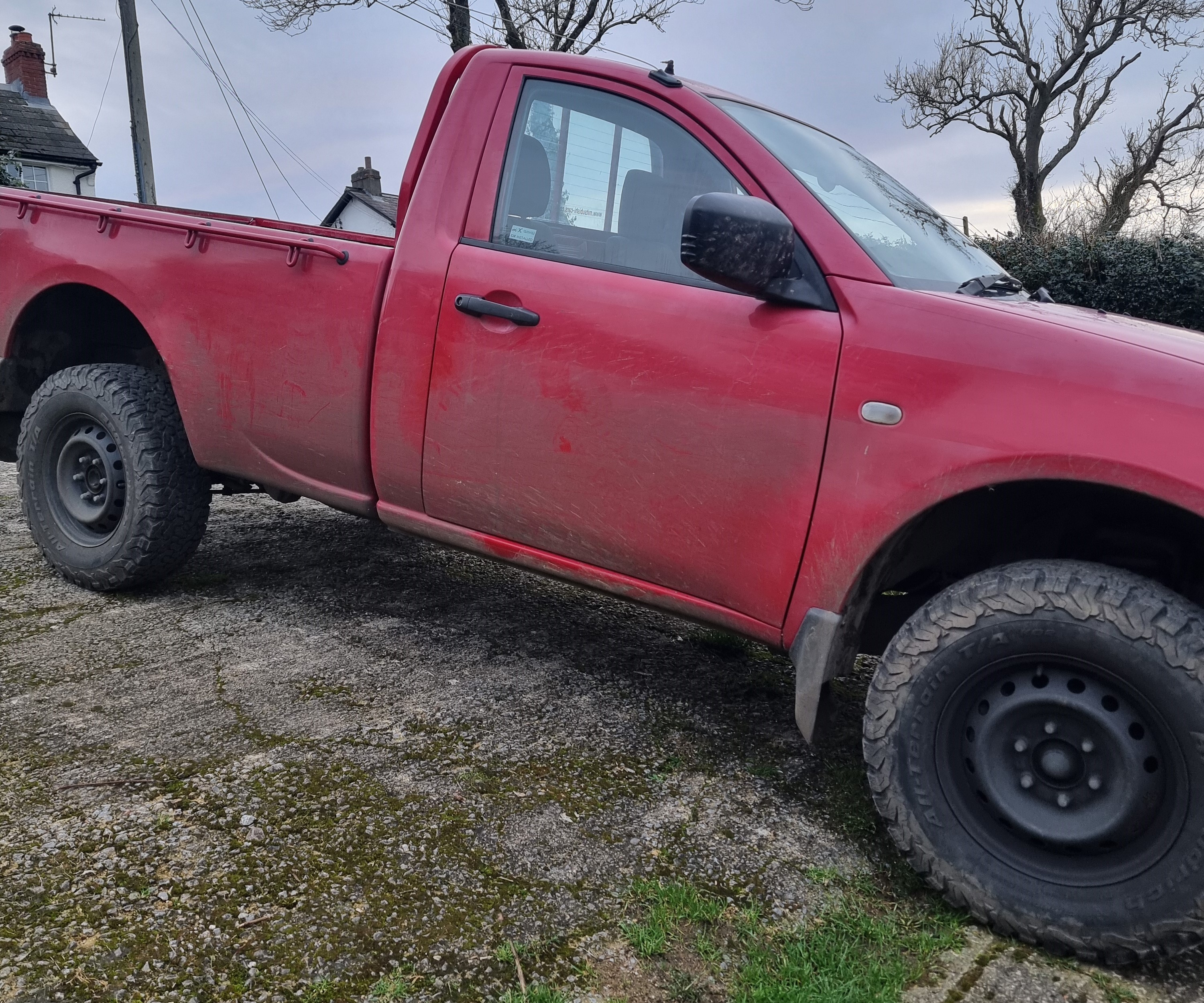All change! On 20 February HMRC has made a U-turn on this policy change: We consider the new rules
From 1 July 2024, HMRC is going to reclassify double cab pick-ups as ‘cars’ for employment benefit and capital allowance purposes. Pick-ups acquired or ordered before 1 July will benefit from a transition period.
What is a double cab pick-up?
Typically, a double cab pick-up has:
- A front passenger cab containing two rows of seats capable of seating three or four passengers, plus the driver.
- Two or four doors in addition to any rear door that are capable of being opened independently.
- A load-bearing pickup area behind the cab.

Previous treatment
- Historically, for the purposes of Benefits In Kind (BIKs) and Capital allowances, HMRC have interpreted the meaning of 'car' in line with the definition used for VAT purposes.
- This meant that HMRC accepted double cab pick-ups with a payload of 1,000kg or more were not cars.
- HMRC also notes that two door versions are normally accepted to be vans.

New policy from July 2024
HMRC have revised both their Employment Income Manual and Capital Allowance Manual to state that from 1 July 2024, the meaning of 'car' will no longer be interpreted in line with the definition used for VAT purposes in respect of double cab pick-ups.
For employment tax purposes, they say that adopting the VAT interpretation was a pragmatic method of classifying double cab pick-ups, but this was at odds with the Court of Appeal (CoA) judgement in Payne & Ors v HMRC [2020] EWCA Civ 889 ('the Coca-Cola case').
Although the CoA judgment sets the law from the date of the decision in 2020 (whereas HMRC's manual just presents HMRC's interpretation of the law), HMRC is not forcing employers or business owners into making any changes until 1 July 2024.
After 1 July 2024, HMRC’s classification of double cab pick-ups for BIK and capital allowance purposes will be based on an assessment of the specific vehicle to determine whether its construction is primarily suited for the conveyance of goods or burden of any description.
HMRC anticipate that, most, if not all, double cab pickups will be classified as cars for benefit charge and capital allowance purposes as they consider that such vehicles are typically equally suited to convey passengers and goods and have no predominant suitability.

Transition: BIKs
Where employers have purchased, leased, or ordered a double cab pick-up before 1 July 2024, transitional arrangements will apply. In such cases, employers can rely upon HMRC’s previous treatment until the earlier of disposal, lease expiry, or 5 April 2028.

Transition: capital allowances
Where expenditure is incurred on a double cab pick-up on or after 1 July 2024, and before 1 January 2025, the vehicle will not be treated as a car, provided that:
- The contract was entered into before 1 July 2024.
- It has a payload of one tonne or more
Why does classification as a ‘car’ matter?
For BIKs purposes, the method of calculating the taxable value of an employer-provided vehicle differs depending on whether the vehicle in question is a car or van.
- Company cars are taxed according to their list price and carbon dioxide emissions.
- Vans are taxed based on a flat rate benefit value, which typically gives a lower taxable value.
The rules surrounding private use also differ; no taxable benefit arises in respect of a van where there is insignificant private use.
For capital allowance purposes:
- Vehicles which are not cars will usually attract the 100% Annual Investment Allowance, or, if the vehicle is new and purchased by a company, 100% Full expensing capital allowances.
- With the exception of zero-emission vehicles, cars generally attract lower rates of allowances. See Cars & Vans & Wheelers: Allowances
Useful guides on this topic
Company cars
Company car tax. How do you work out car benefit? How do you work out car fuel benefit? Are there savings for low-emissions vehicles? How do you reduce car benefit? Cars and the tax tribunals and Top Tax Tips.
Vans and Commercial vehicles
What is the benefit in kind charge if you drive a company van? What is van fuel benefit? What is the tax on zero-emissions vans?
Pool cars
What is a pool car? How is it taxed? When does it become a benefit? What are the rules? Is it still worth having them?
Van Benefit Charges
A taxable benefit in the form of a Van Benefit Charge (VBC) arises when an employee is provided with a company van and it is used for personal journeys.
Car fuel benefit charges
What is the car fuel benefit charge? How do you apply it?
CO2 emissions: Ultra-low emission cars from 2019-20 onwards
CO2 emissions bands and percentages that apply to company cars from 2019-20 to 2027-28.
Cars & Vans: VAT
What is a car for VAT? What is a van for VAT? What VAT can be recovered on a car that is bought? Leased? What about fuel? Or mileage reimbursements?
Cars & Vans & Wheelers: Allowances
What capital allowances are available for vehicles? How does HMRC classify what is a car or what is a van?
External links
EIM23150: Car benefit: double cab pickups (position to 30 June 2024)
EIM23151: Car benefit: double cab pickups 1 July 2024 onwards
CA23511 - Plant and Machinery Allowances (PMA): cars: double cab pick-ups

